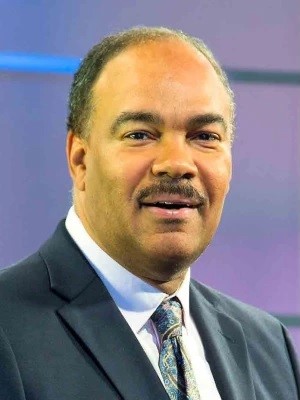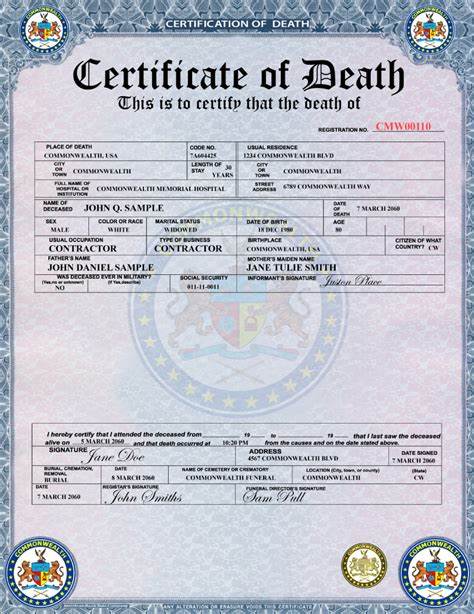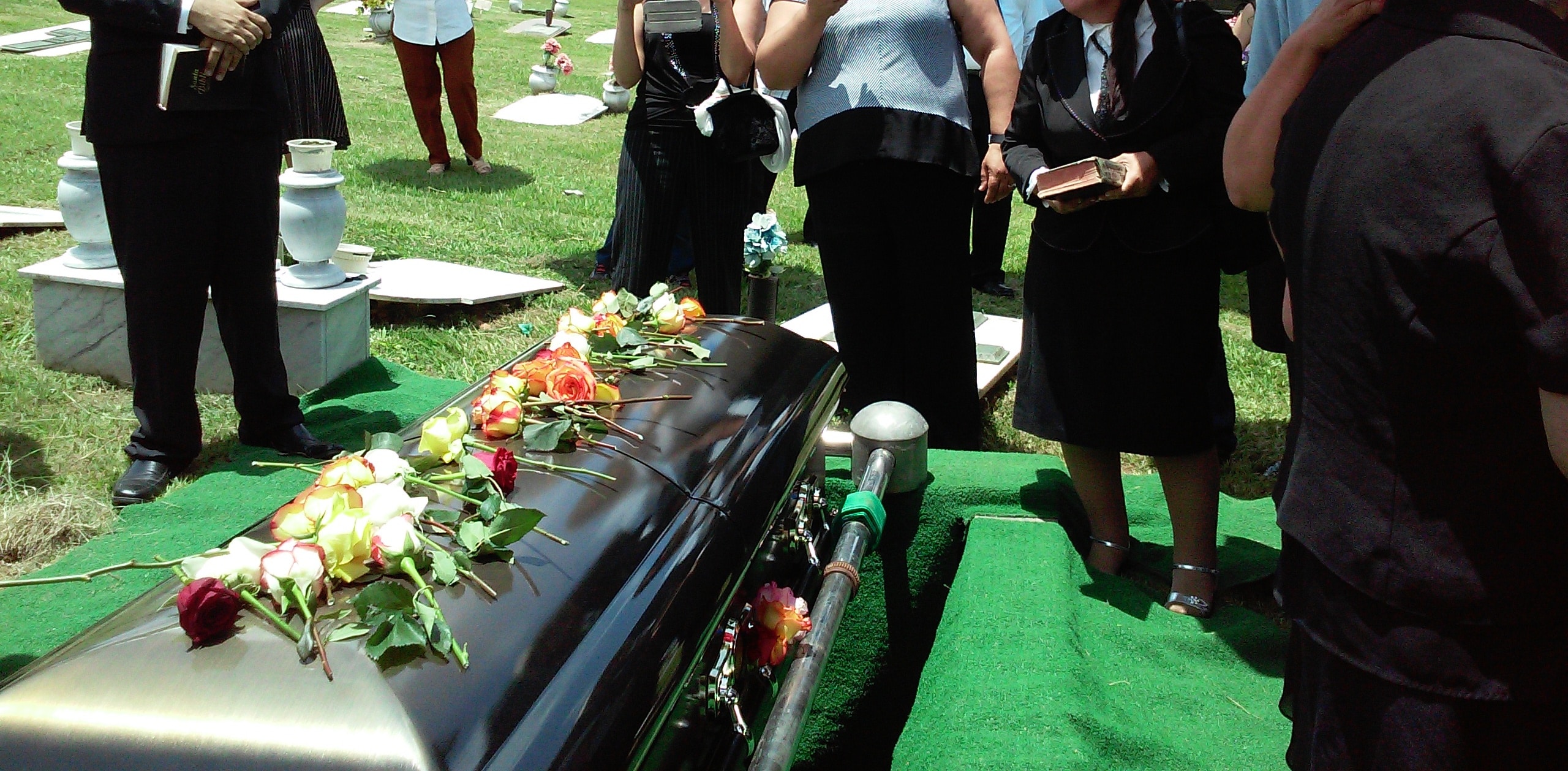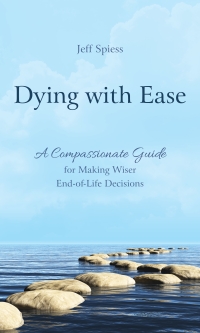Best Question
I was surprised by his unexpected question, though it was the best one asked by any of those who interviewed me a  couple years back during the launch of my book, Dying with Ease. Rick Jackson, the host of the Sound of Ideas on Ideastream Public Media in Cleveland, asked why our culture treats death as a medical event and not a spiritual one.* What was he asking me? Where was he going with this? What did he think I might say?
couple years back during the launch of my book, Dying with Ease. Rick Jackson, the host of the Sound of Ideas on Ideastream Public Media in Cleveland, asked why our culture treats death as a medical event and not a spiritual one.* What was he asking me? Where was he going with this? What did he think I might say?
Over the course of my career as an oncologist and hospice physician, I have completed and signed hundreds of death certificates, entering on each one the date, time, and cause of death. These are primarily clinical questions suggesting that the deaths were essentially biologic events, that the human body in question had been beset
While the information a physician or coroner enters on a death certificate is primarily medical, the document itself is fundamentally a legal one. If death occurred at 9:20 am, then at 9:15 the subject was a person imbued with inalienable human rights, but by 9:25, no matter how much respect or affection was shown by those surrounding the bed, it was now only a corpse already starting the process of decomposition, with no privileges whatsoever. The material possessions they owned now belong to others, whether that transfer happens seamlessly or after extended litigation.
The person who inhabited this body had an identity, a family, a role in society. Perhaps they belonged to a religious community or fraternal organization. They may have had a career, raised children and been active in politics or charitable service. Other people cared for and about this person and their lives are affected by the death. So, in addition to the medical and legal aspects, dying is also a social event.
 As part of that social construct, we employ memorial services with religious, military, or fraternal rites as a way of providing structure to the grieving of survivors, leavetaking by loved ones, closure of relationships, and honor to a life lived. These ceremonies are rife with meaning and significance, but the healings as well as the pain that they engender are for the bereaved; they may have much to do with the life lived by the deceased but have little to do with their death.
As part of that social construct, we employ memorial services with religious, military, or fraternal rites as a way of providing structure to the grieving of survivors, leavetaking by loved ones, closure of relationships, and honor to a life lived. These ceremonies are rife with meaning and significance, but the healings as well as the pain that they engender are for the bereaved; they may have much to do with the life lived by the deceased but have little to do with their death.
But none of these bear directly on Mr. Jackson’s question; he asked about death as a spiritual event, which poses the problem of just what that means. Spirituality in its most basic sense boils down to the question of meaning, and is often expressed in terms of connection: connection to others, to the divine, to the cosmos, and to ourselves. Given the irreversibility of mortality, then, dying is a radical modification or even severing of all those connections and, as such then, is a profoundly spiritual occurrence. This reality is experienced and recognized just as clearly by the atheistic physicalist as the mystically religious. Only a crass cynic could argue that the cessation of life of that person at 9:20 am is of no more consequence than the swatting of a pesky mosquito.
physicalist as the mystically religious. Only a crass cynic could argue that the cessation of life of that person at 9:20 am is of no more consequence than the swatting of a pesky mosquito.
So where does this leave us? I think there is an obvious answer to Mr. Jackson’s question as to why we treat death as a medical and not a spiritual event: it is just plain easier. The medical (and legal and social) details, even though they can be complicated and controversial, lie in the realm of the physical, the observable, the definable. The spiritual aspects are less measurable, but all of us who mourn the passing of a loved one know that this is where the significance of our mortality truly lies.
*This interview is available here. Note that this link will play the entire program, which aired one day before the 2020 presidential election, and my interview is the last item.

